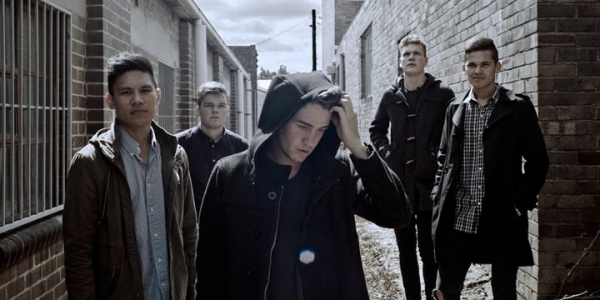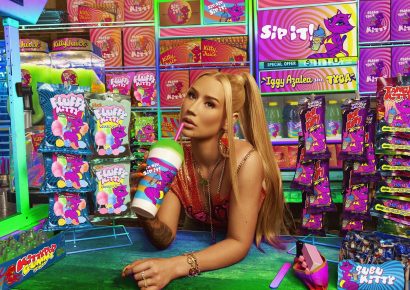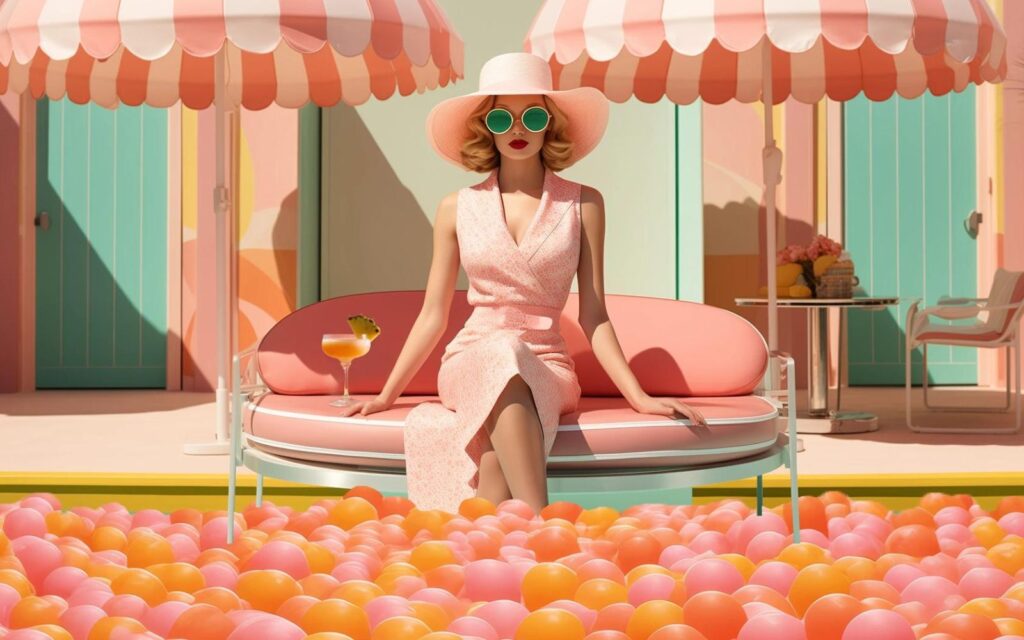“I guess the big difference with playing in America is that you’re just playing almost every single night for weeks and weeks and weeks,” explains Gold Fields drummer Ryan D’Sylva. For the better part of this year Goldfields have been touring America to promote their debut album, Black Sun, that was released on February 26. Their upcoming show at The Prince with Clubfeet is only their third Melbourne show since the release of album with the US tour actually being Gold Fields first shows after the album came out. The tour was a huge undertaking that took in most of that huge country.
“We went coast to coast and North to South; I think we played over 70 shows in a bit over three months,” explains a bemused D’Sylva.
“It was a mix of headline and support shows. When we first headed over there it was a bunch of headline shows in 200 to 300 person capacity venues and then we did South By Southwest and then we finished on tour with an American electronic pop band called Capital City.”
When the US tour first began, Gold Fields found themselves in the midst of one of the worst blizzards in America’s history, known as The February 2013 Nor’easter a.k.a Winter Storm. Nemo literally froze the Northern half of the country. “It actually feels like the tour was two years ago, not two months ago, because it was just so intense. At one time we got caught in this well publicised blizzard called Nemo; our whole van was covered over with ice for two days,” relays D’Sylva. “When we weren’t snowed in, the routine was to drive about ten hours to a show, load in, play the show, get out of there about midnight 1am and then drive to a hotel, sleep, wake up at about 7am, get in the van and just do it again. It got to the point where there was no energy to party, we were just trying to conserve energy for the show.”
The fact that this took just over three months to complete really puts into perspective the size of America, because if you played six nights out of seven in Australia you would have played every capital city in a week and every major city two weeks.
The critical response to Black Sun both here and abroad has been very positive with many marvelling at its production and execution. However, these supreme sonics did not come easily, with the band shelving the first recording of Black Sun and quite literally recording the entire album again. D’Sylva is decidedly frank when discussing the decision to head back into the studio for a second time to redo the album, “We are definitely glad we went back into the studio and re-recorded the album, because fortunately for you, you didn’t have to hear the old version that was no good. It was just shit; it just sucked and even though it took so long to re-record, we did not feel that we could put out what we first recorded.”
A song off Black Sun that has become both a critic and fan favourite is Happy Boy. This brooding yet energising song was described to D’Sylva by both your correspondent and a prominent Australian indie musician as ‘sounding like German techno’.
“When we played on ABABCd, Big Scary played as well and their drummer Jo (Syme) said that the song sounded German techno-ey,” explains D’Sylva. ABABCd is an online music show that is produced by the same team that has brought you Poncho TV. D’Sylva now quite honestly explains that it wasn’t German techno but in fact British dance that inspired Happy Boy. “I think at the time, and it probably doesn’t show that much on it, we were listening to a lot of Groove Armada’s latest album Black Light. I think because a lot of our songs have got a lot of shit going on all the time that we wanted to produce something that was stripped back to the bare essentials. For the better part of that song it is just drums, bass guitar and vocals.”
The unity between Gold Fields members sees the band play live like a five-headed dance music monster, creating beats and rhythms well beyond the realms of a one or two-piece electronic act. D’Sylva, the band’s drummer, discusses the intricacies of doing live what many acts do through a machine. “Drumming dance beats live is probably one of the hardest things to do because you have to plant every hit in exactly the same place, whereas playing stuff that is a bit more indie you can be a little bit out of time.”
Refreshingly and honestly D’Sylva gives a personal testimony to why he believes live drums are better than a machine. “I saw Digitalism with a full live drum set-up at Parklife when we played it back in 2011, and then we played with them again at Groove In The Moo the following year when it was just the two of them with no backing musicians and it just felt flat compared to when they had that live drums.”
BY DAN WATT







